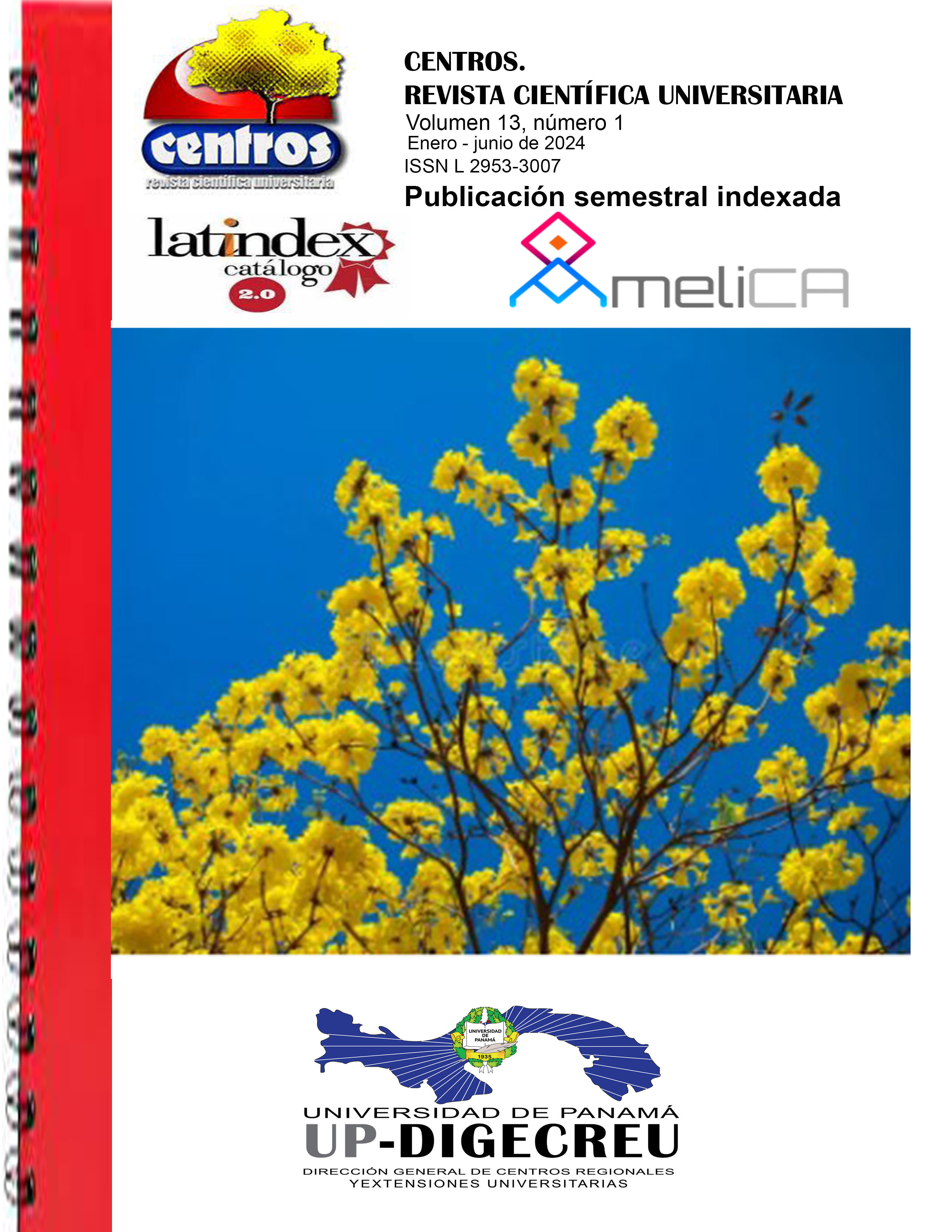

Copyright (c) 2024 Centros: Revista Científica Universitaria

This work is licensed under a Creative Commons Attribution-NonCommercial-ShareAlike 4.0 International License.
The supply of water for human use and consumption is fundamental, despite this there are communities with a high incidence of gastrointestinal diseases whose origin has been attributed to the deficiency in water quality. The bacteriological status of drinking water from rural communities of Azuero was evaluated, during the months of January to March 2020. Total coliforms, Escherichia coli and total heterotrophs were detected using the membrane filtration technique, in addition some physicochemical parameters (pH, temperature, residual chlorine and conductivity). The bacteriological values exceeded the permissible limits for drinking water in the country (<1 UFC). The Kruskal-Wallis test showed significant differences in relation to the presence of E. coli and coliforms (p<0.0001) between the regions studied. The physicochemical parameters indicated that the established standards are met, except for residual chlorine. The results suggest the need to establish alternatives to improve the quality of drinking water in these rural areas of the country.